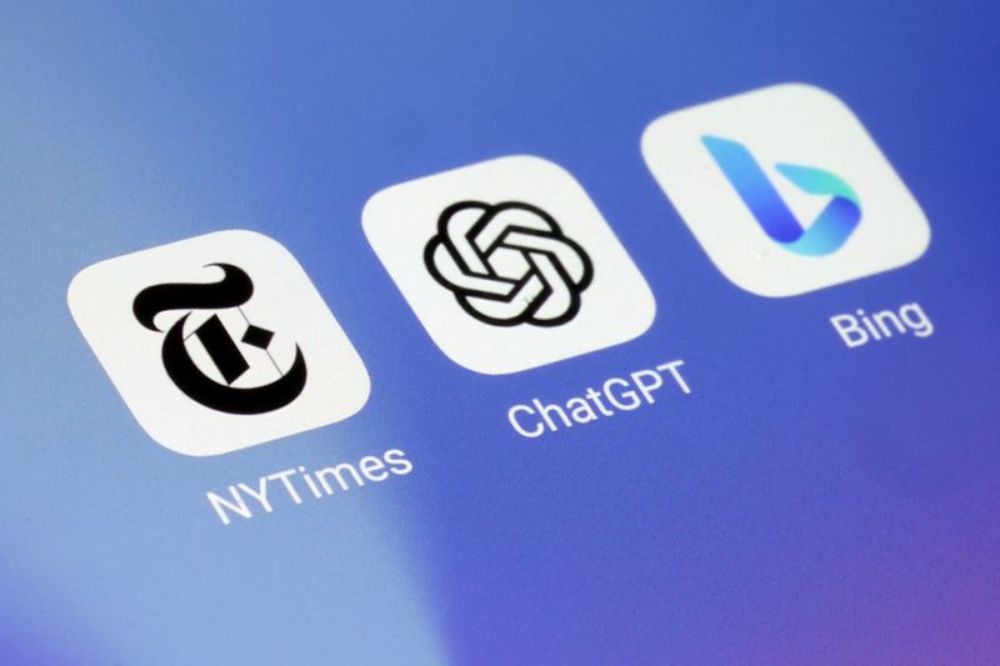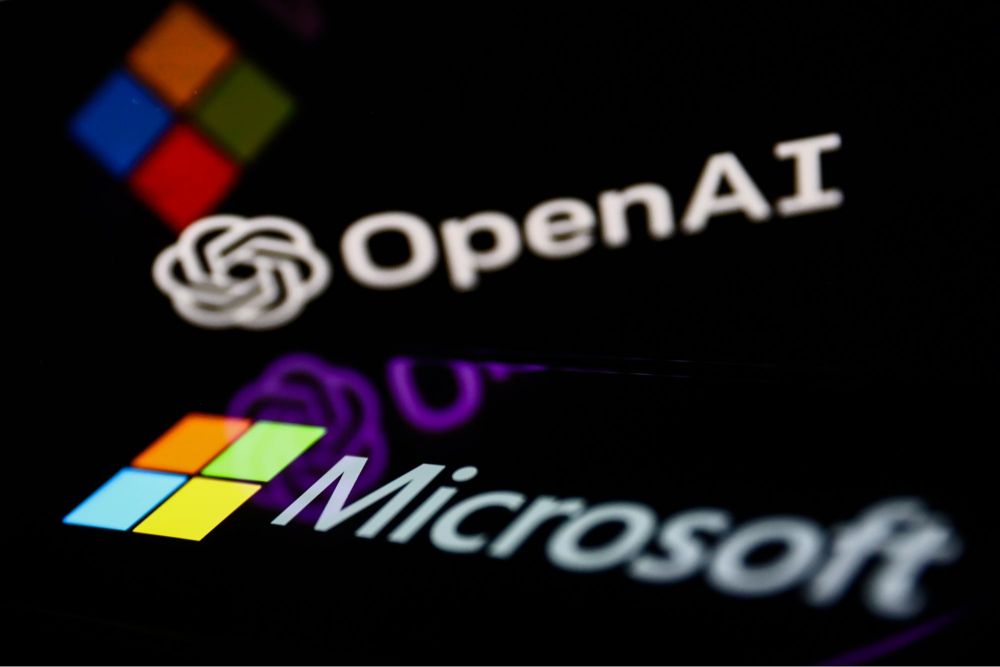The New York Times initiated legal action against OpenAI and Microsoft in a US court, alleging unauthorized use of millions of articles for training their potent AI models, including ChatGPT. The lawsuit contends that the companies, through their AI chatbots, are capitalizing on The Times’ substantial investment in journalism without permission or compensation, aiming to develop substitute products.

In contrast to media groups like Germany’s Axel Springer or the Associated Press, which have engaged in content deals with OpenAI, The New York Times has adopted a more confrontational approach to the evolving landscape of AI chatbots. As one of the United States’ most respected news organizations, The Times is seeking damages and an injunction to halt the use of its content, along with the destruction of already harvested data.

While the lawsuit does not specify a monetary amount, The Times suggests that the infringement may have incurred “billions of dollars in statutory and actual damages.” OpenAI and Microsoft have yet to respond to the allegations.
Microsoft, the world’s second-largest company by market capitalization, is a significant investor in OpenAI. Following the launch of ChatGPT last year, Microsoft promptly integrated AI capabilities into its own products.

The AI models powering ChatGPT and Microsoft’s Copilot (formerly Bing) were trained over years on internet content, operating under the assumption that such usage was fair and did not necessitate compensation. However, the lawsuit, filed in a federal court in New York, argues that the illicit use of The Times’ work for building AI products establishes a potential rival and poses a threat to the newspaper’s ability to deliver quality journalism.

A spokesperson for The Times emphasized that these AI tools rely on independent journalism and content produced through substantial reporting, editing, and fact-checking efforts, highlighting the high cost and considerable expertise involved.
